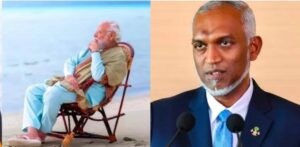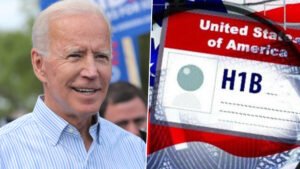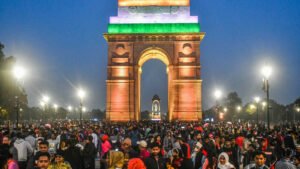Henry Kissinger is one of the most important men in modern American history. He played a big role in ending the Vietnam War and the withdrawal of American forces from Vietnam. He served as National Security Advisor (NSA) and Secretary of State during the tenures of Presidents Richard Nixon and Gerald Ford.
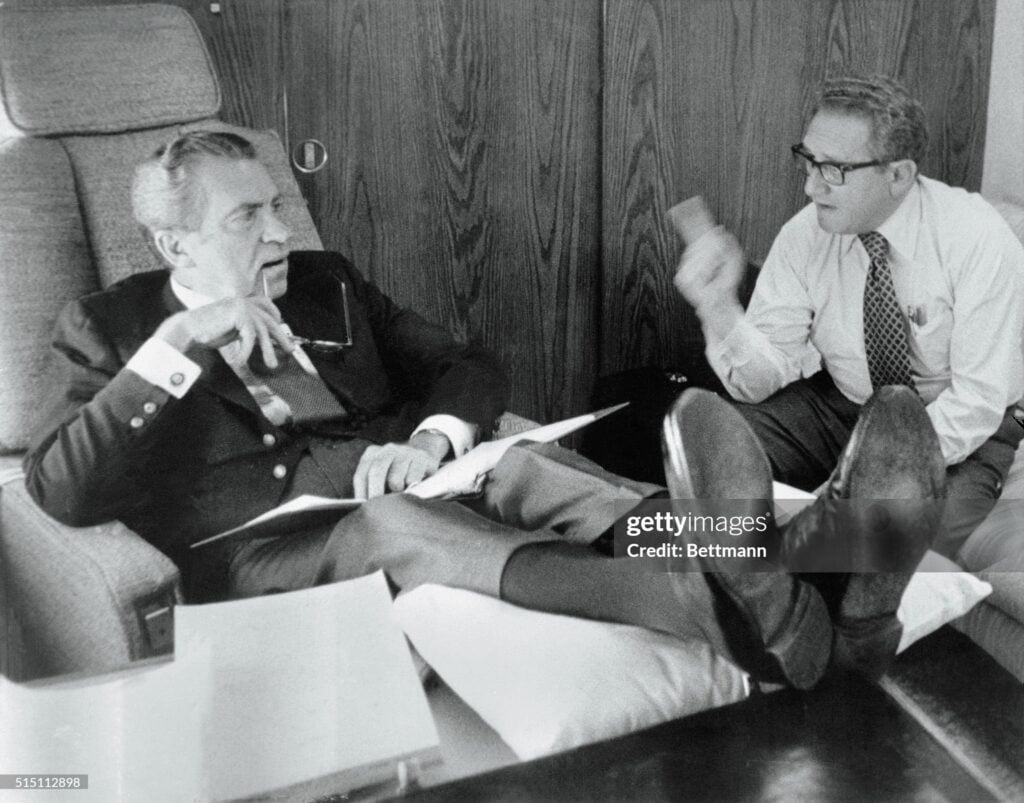
However, his name is associated with many controversies and big massacres along with the India-Pakistan war of 1971.
Henry Kissinger died on November 30 at his residence in Connecticut, USA. He celebrated his 100th birthday on 27 May this year.
Henry Kissinger’s involvement in India-Pakistan war of 1971
In 1971, In between the India-Pakistan war, Henry Kissinger was America’s National Security Advisor and Richard Nixon was the President of America at that time. Both of them together tried to scare India.
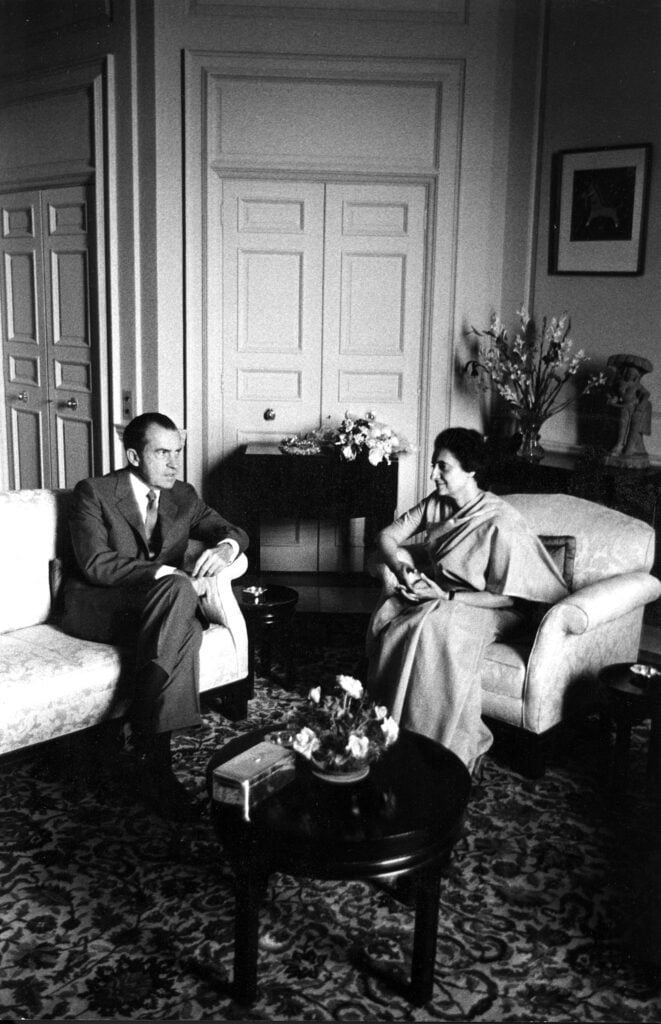
At the beginning of the war, when Prime Minister Indira Gandhi went to America to meet Richard Nixon, she was made to wait for a long time. When the two met, Nixon responded with great indifference. Seeing the behaviour of the American President in this meeting, Indira Gandhi had decided that now India will fight the Bangladesh war on its own.

Later In July 2005, the US Department of State declassified taped conversations between former US President Richard Nixon and Secretary of State Henry Kissinger shortly before the India-Pakistan war in 1971. In the tapes, the two are heard talking about former Prime Minister Indira Gandhi shortly after the meeting with her. During the heated conversation, Kissinger calls Indian PM Indira Gandhi a “Bitch” and says the “Indians are bastards anyway”.
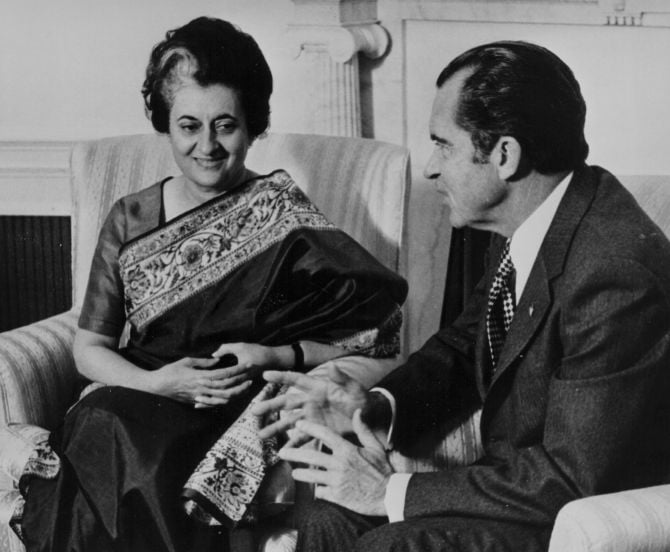
A few days after the start of the India-Pakistan war, Henry Kissinger gave an advice to Richard Nixon. Said that they should ask China to deploy its army near the Indian border. Kissinger believed that this would increase pressure on India and it would stop the ongoing war in East Pakistan. But China refused to deploy troops near the Indian border.
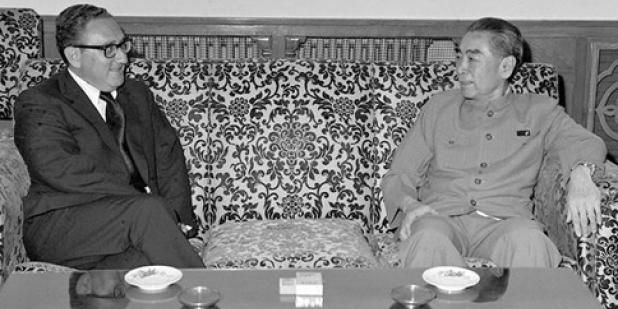
After this stance of China, Henry Kissinger made a new plan. It is said that he held a secret meeting with Chinese officer Huang Hua on this issue. Kissinger told Hua that if the Soviet Union (Russia) deployed its troops near the Chinese border after taking action against India, then America would immediately share the intelligence gathered from satellite with China. After talking to the Chinese official, Kissinger reached President Nixon. Proposed to him that America should send its warship to the Bay of Bengal. He told the President that when America does this, China will also deploy its troops on the Indian border. President Nixon immediately gave the green signal to this proposal. However, they were again deceived by China; it did not intervene in the India-Pakistan war.
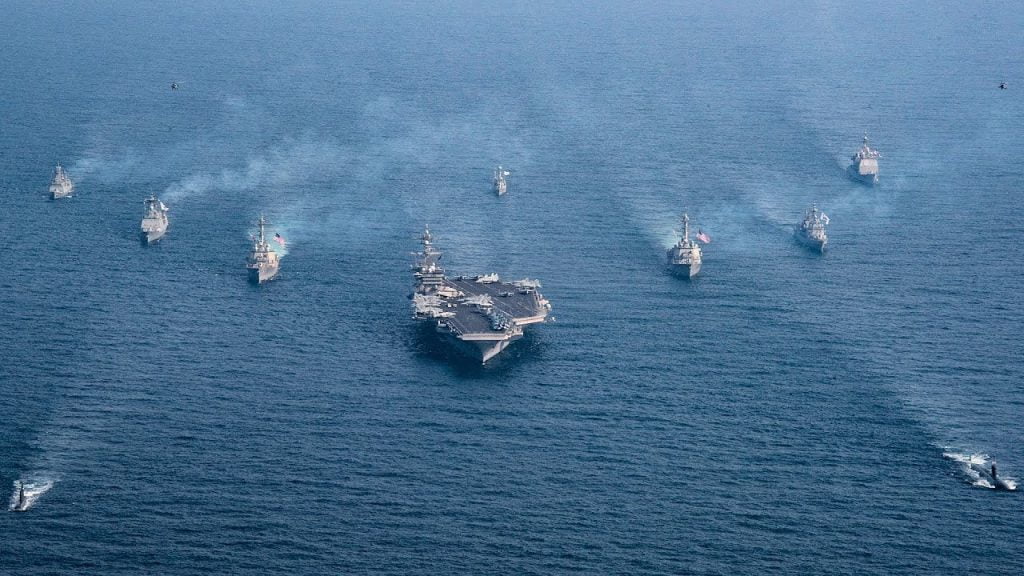
Even after this, on December 15, 1971, many warships of the Seventh Fleet, including the US Navy aircraft carrier USS Enterprise, entered the Bay of Bengal. However, on this day these ships were more than a thousand kilometres away from Dhaka and were moving slowly.
The American naval fleet was definitely moving towards India, but its speed was very low, this was because by then the Soviet Union had activated its naval fleet in support of India, and seeing this, America decided to start reconsidering its decision.
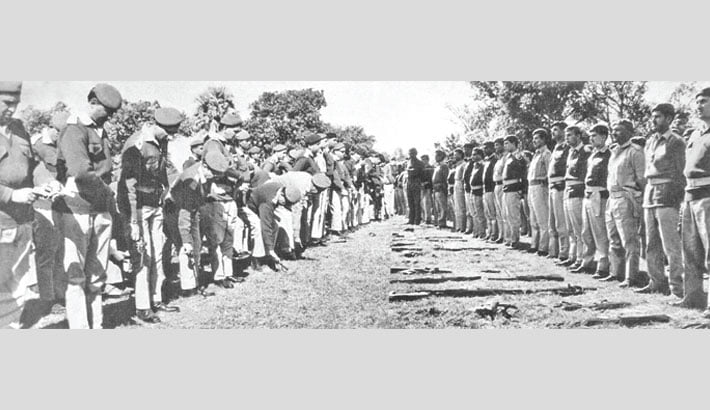
As soon as Pakistan surrendered in Dhaka on 16 December 1971, the American naval fleet turned from East Pakistan towards Sri Lanka.
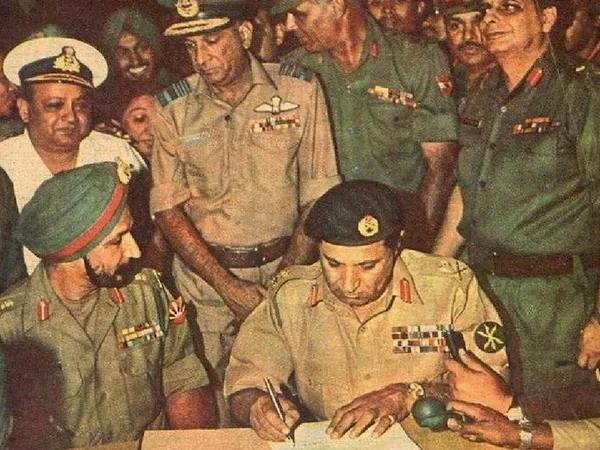
Henry Kissinger’s involvement in Vietnam War
When Richard Nixon became the President of America, he inherited the Vietnam War. The war that started in 1955 had become a thorn in the side of America. He had an inkling of defeat in his early years. But no President wanted to take the blame for this. Everyone was trying to postpone it as far as possible. As soon as Nixon took over the chair, he launched “Operation Menu” on Kissinger’s advice. In fact,
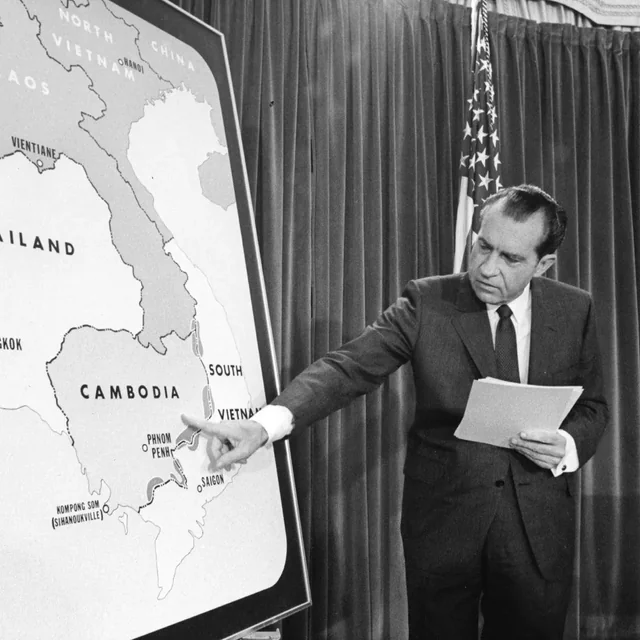
America felt that it could win the war by destroying the Ho Chi Minh Trail, also called Annamite Range Trail was a logistical network of roads and trails that ran from North Vietnam to South Vietnam through the kingdoms of Laos and Cambodia. Through this, supplies were delivered to the rebels of North Vietnam.

Between 1969 and 1970, America dropped approximately 540 million kg of bombs on Cambodia. About 5 lakh civilians were killed in this. This was no less than a massacre.
“Henry Kissinger and his team approved every single bombing that took place during that period. And, they had also conspired to keep it hidden from the media.”
– Leaked Pentagon Papers
Massacre in East Pakistan (Now Bangladesh)
The second incident of massacre took place in India’s neighbourhood. In 1970 and 1971. West Pakistan’s Military General Yahya Khan did not allow Mujibur Rahman to form the government, who won the elections. When Sheikh Mujib’s party Awami League opposed this, Yahya launched his army against them.
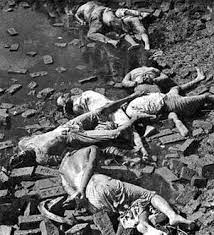
Operation Searchlight started in East Pakistan in March 1971. More than three lakh Bengalis were killed in this. At that time Archer Kent Blood was the Consul-General of America in East Pakistan. He sent a diplomatic cable informing that Yahya’s army was committing genocide. This needs to stop. But Nixon and Kissinger ignored this appeal.
Conclusion
Overall, Kissinger faces serious allegations of war crimes, coup and genocide. This has also been confirmed in official documents. Despite this, Kissinger never apologized. Nor did the American government show any interest in doing justice. In fact, despite serious allegations, Henry Kissinger received the Nobel Prize. He was also awarded the Presidential Medal of Freedom, America’s highest civilian honor.

